Trusts Overview

Managing Your Wealth & Assets
While we develop personalized estate plans for each of our clients, trusts are a common tool to manage wealth and assets in a variety of circumstances. A detailed and comprehensive trust document is only prepared after we guide you through understanding the relevant types of trusts and their benefits.
Living vs. Testamentary
Living trusts allow you as a settlor — a person who creates a trust — to control your assets during your lifetime and provide for easier transfers upon death. Testamentary trusts are only initiated upon your death as determined by your will.
Revocable vs. Irrevocable
As a settlor, you may modify a revocable trust at any time, but an irrevocable trust is more limiting. Certain situations warrant irrevocable trusts, as they have particular benefits. However, revocable trusts are the most common, as they are the most flexible.
Personalized Recommendations
After listening to your needs and goals and developing a relationship as your trusted advisor, we provide recommendations on which type of trust to utilize. Your goals might include:
- Paying for your children’s college education
- Caring for an elderly or disabled loved one
- Providing support for a minor child
- Supporting a charity
- Providing a source of income for family members
The flexibility provided by trusts enables us to work with settlors to set the terms for how assets are to be managed, direct how the beneficiaries are to receive and use the property from the trust, and even choose the most reliable trustee.
Determining the appropriate trust, and navigating its formation can be an involved procedure. You can rely on us to find the right solution for you.
The contents and materials of this website should be used as a general guideline and not as the ultimate source of current information. The user should consult their own legal, accounting, or other advisors.
